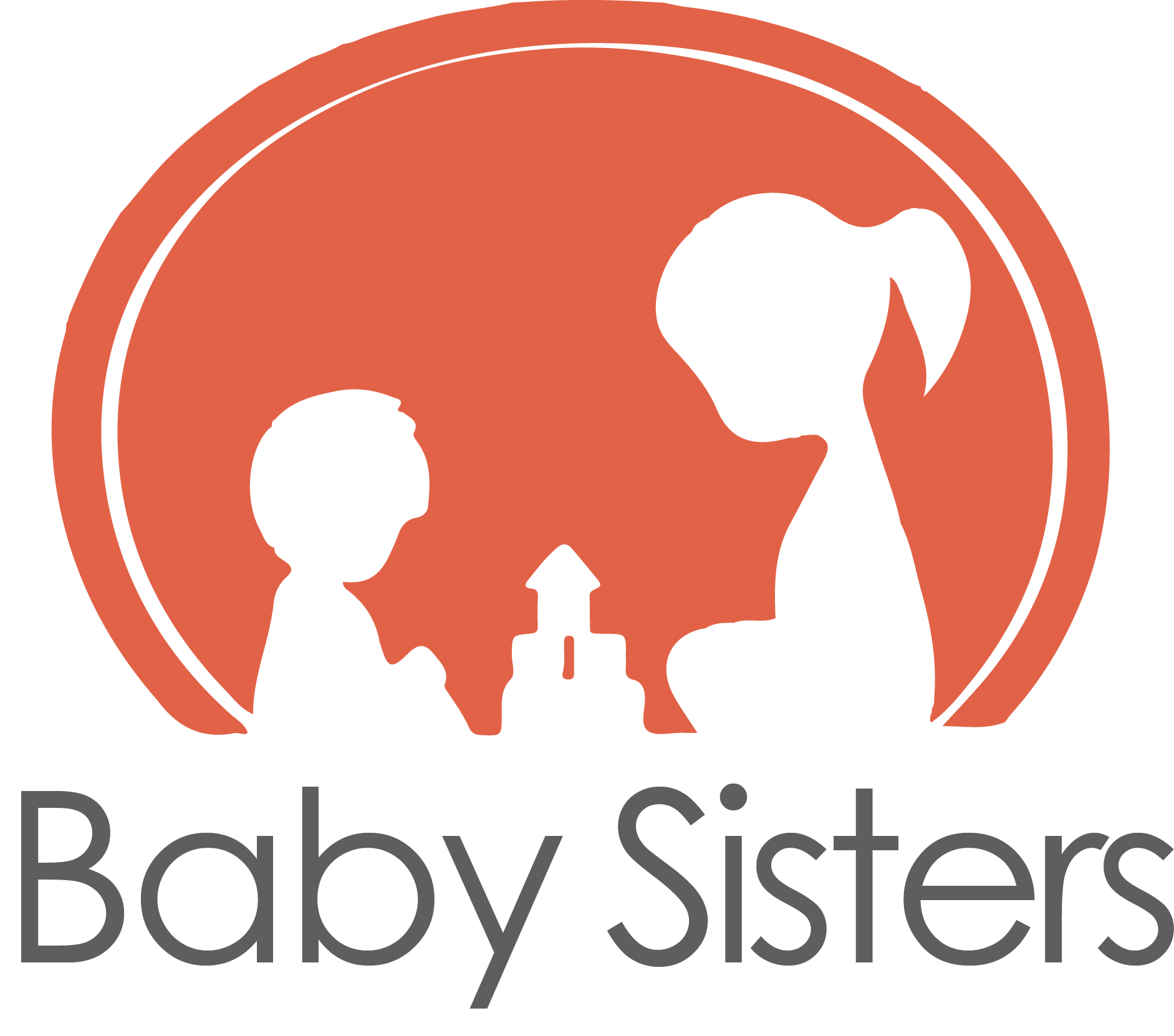
EN / PT
IRS 2025 - How to get a higher tax return on child-related expenses in Portugal

Every year, thousands of families in Portugal look for ways to maximize their IRS tax return by taking full advantage of available deductions. If you have children, you may be eligible for tax benefits related to education, healthcare, extracurricular activities, and babysitting services.
In this guide, we explain how to correctly declare these expenses to get a higher tax refund and reduce your family’s overall tax burden.
What child-related expenses can be deducted on the IRS?
The Portuguese tax system allows parents to deduct various child-related expenses, including:
Education and schooling – Nursery, kindergarten, school fees, tutoring, and educational activities.
Healthcare and medical costs – Doctor appointments, medications, treatments, and vision correction equipment.
Extracurricular activities – Sports, music, language courses, and other cultural or recreational activities.
Babysitting and childcare services – Certified babysitters and registered childminders.
The deductible amount varies depending on the type of expense and the applicable tax rate.
Education and schooling expenses
Education expenses are one of the most significant tax deductions available for families. The following costs can be deducted:
Nursery, kindergarten, and school tuition fees
Extracurricular educational activities
Private tutoring and additional courses
University tuition fees
Parents can deduct 30% of education expenses, up to a maximum limit set annually by the Portuguese Tax Authority.
Healthcare and medical expenses
Families can deduct 15% of healthcare expenses with no maximum limit for essential medical costs. Eligible expenses include:
Doctor consultations and medical tests
Prescription medications
Glasses, contact lenses, and other medical equipment
Specialized treatments such as physiotherapy or speech therapy
To qualify for tax deductions, these expenses must be incurred at officially registered healthcare providers.
Extracurricular activities and sports
Extracurricular activities contribute to children's development, and some may be tax-deductible. Eligible expenses include:
Music and dance lessons
Language courses
Sports activities such as swimming or football
Educational holiday camps
Tax deductibility may depend on how the institution classifies its services, so it is essential to confirm if the provider is properly registered for tax purposes.
Tax benefits for families with children
In addition to direct deductions, families with children can benefit from additional tax relief:
Dependent child tax deduction
Families can deduct a fixed amount per dependent child. In 2024, the deduction was:
€600 per dependent child
€726 for each child under six years old, from the second child onwards
Child allowance and IRS impact
The child allowance (“abono de família”) is not taxable but can influence the family’s taxable income bracket, affecting overall taxation.
Benefits for large families
Families with three or more children may benefit from additional tax reductions and specific exemptions.
How to maximize your IRS tax refund in Portugal?
To get the highest possible tax return, consider these strategies:
Take advantage of all possible deductions – Ensure that all eligible expenses are declared.
Use an IRS tax simulator before submission – Predict your refund amount and adjust declarations accordingly.
Choose the most advantageous tax filing option – Depending on your family situation, filing jointly or separately may be more beneficial.
Conclusion
Maximizing your IRS refund through child-related expenses can lead to significant savings for families. By understanding the available deductions and correctly declaring expenses, you can reduce your tax burden and secure a better refund.
